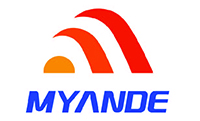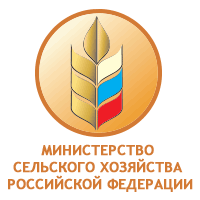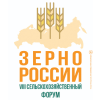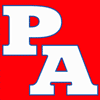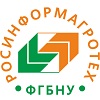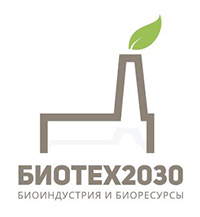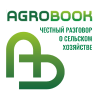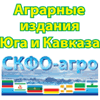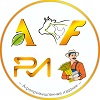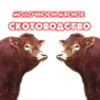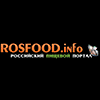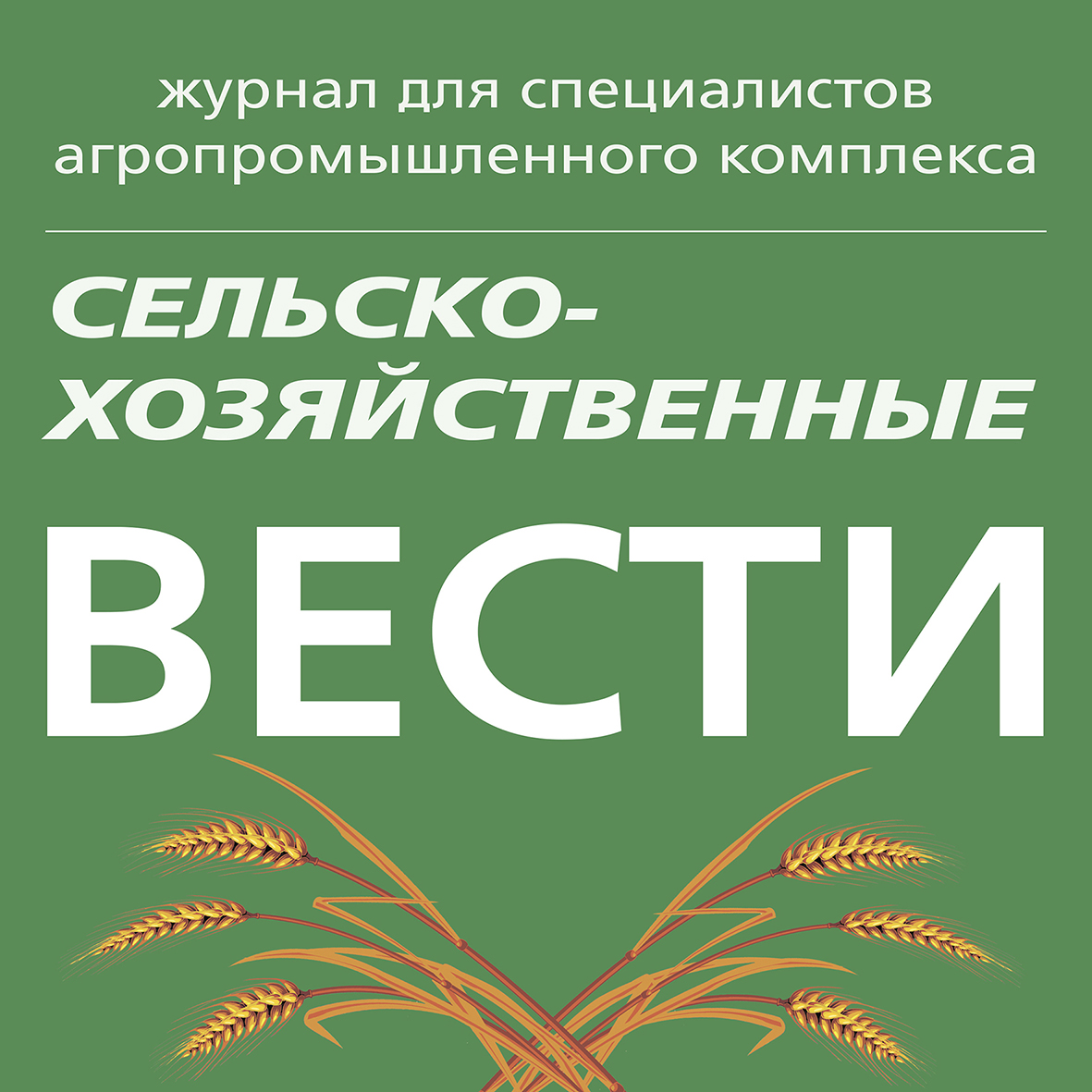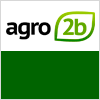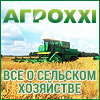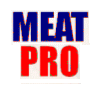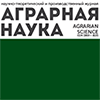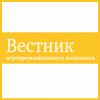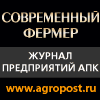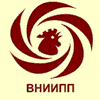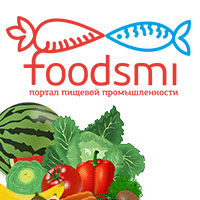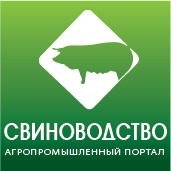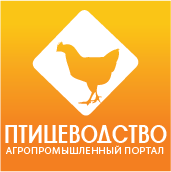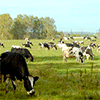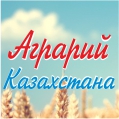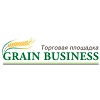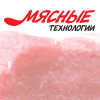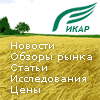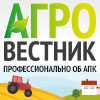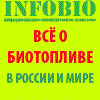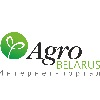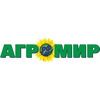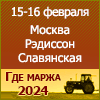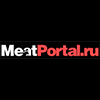Methane + yeast = fish food?
02.06.2016 09:51:35

Methane + yeast = fish food?
by Linda Hiemstra
January 7, 2016
Presenting recently at GOAL conference, in Vancouver British Columbia, President and CEO of Calysta Inc, Dr. Alan Shaw, stated that "the world will require more food production in the next 50 years than in all human history". And he believes his California company and FeedKind Protein - a non-animal based, naturally sourced protein this company produces - has a role to play in increasing sustainable food production.
Alan Shaw sat down with Aquaculture North America to describe how someone who admittedly has "very little aquaculture experience" has taken on one of the industry's main challenges - sourcing sustainable alternatives to fish meal for feed production.
He described himself as a "serial entrepreneur who matches innovative processes and technology to industrial needs" producing a marketable commodity. With his pharmaceutical chemistry and commercial biotech background he has a vision that a cheaply produced protein with a similar profile to fish meal could play a key role in ramping up aquaculture production to feed our growing population.
His passion is "making a difference by linking advantageous chemistry to industrial problems." He acknowledged that "making a difference is often 5-10 years out."
Calysta is a biotech company developing the technology to produce high quality protein with yeast cells and using methane as a carbon source. The company, with operations in USA, United Kingdom, Norway and Singapore, is not Shaw's first enterprise - he has developed and sold two biotech companies in the United Kingdom and in 2010 took the greentech company Codexis, developer of biocatalysts for drug and biofuel production, public on the NASDAQ.
Feedkind is a microbial bio-protein produced as an alternative for soy protein and wild fish FeedKind bio-protein product is 70-72% protein, 10% fat, low ash, and fibre, and is easily harvested, dried and pelletized ready for the market. Photo provided by Calysta Inc
protein in fish feed. "Salmon are very picky about the amount of plant based protein in the feed" stated Shaw "this (FeedKind) protein looks identical to fish meal."
A proprietary natural fermentation process is used that includes a one meter diameter stainless steel pipe providing the fermentation platform where live Methyloccous (yeast) cells convert methane into protein within the cell walls with water as the by-product.
In 2011, FeedKind protein was approved for use in feed for all livestock, including aquaculture, in Europe and a small facility in northern Europe is producing protein for research and to obtain approvals in other countries.
The path to commercialization of a new product requires many factors to align. Shaw explained "the process of converting fuel (natural gas) into food was first developed in the 1980's in Norway by the oil and gas industry but at the time the cost of natural gas was too high to make the production cost effective. Methane is now one of the cheapest sources of carbon on the planet and this makes the production of FeedKind protein also cost effective."
- See more at: http://aquaculturenorthamerica.com/nutrition/methane-yeast-fish-food/#sthash.LwVlUJpl.dpuf


